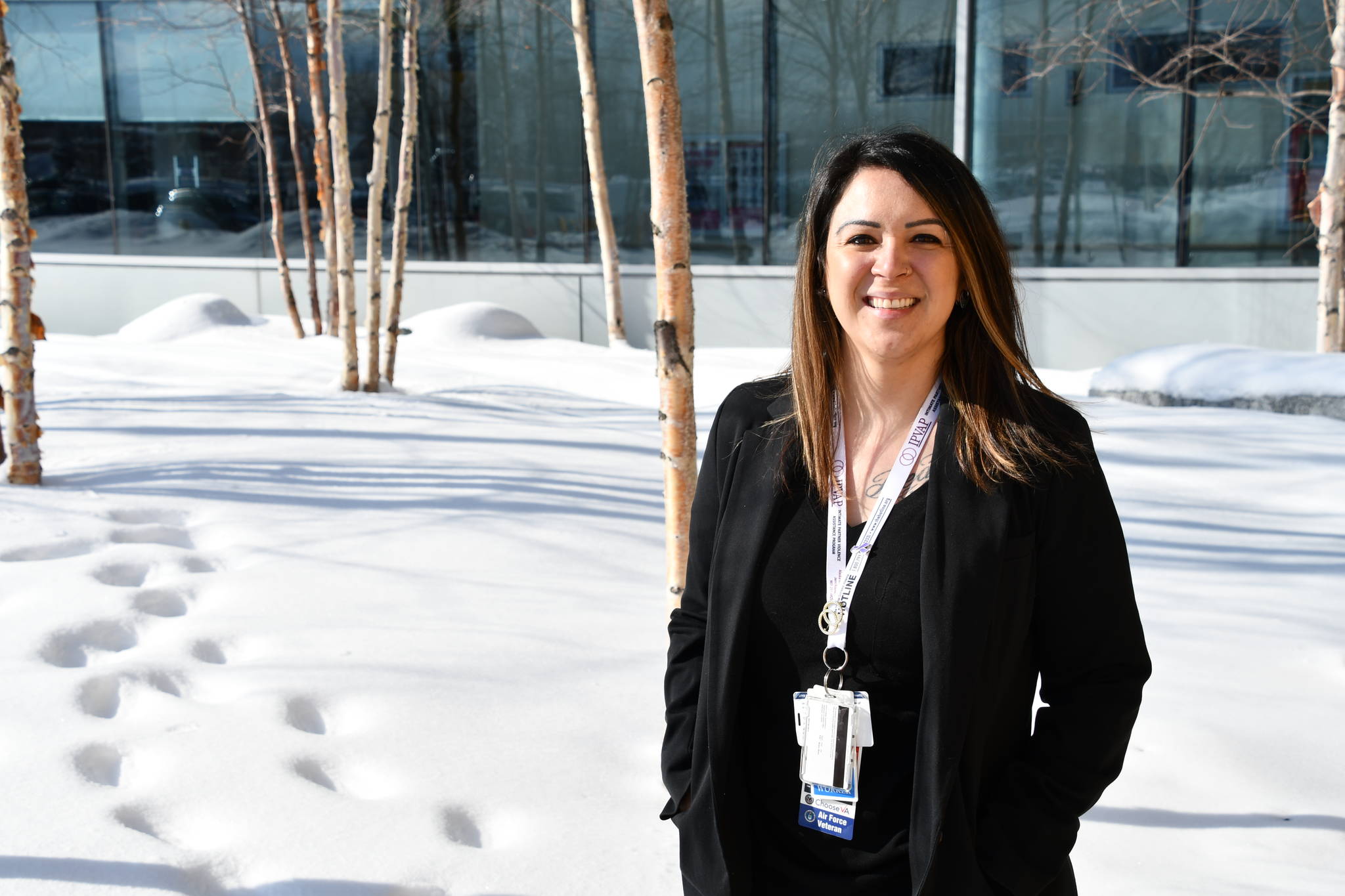By Katie Yearley
We all want to be heard, to have others acknowledge our experiences and recognize that we need help. This is especially true in the case of sexual assault.
For veterans who have survived military sexual assault (MST) or those experiencing intimate partner violence (IPV), nothing is more important than creating a community where they can be heard and get the resources they need to heal.
“It’s just so important for them to speak out because when you’re active duty, serving in the military, there’s a stigma, you don’t speak about it,” says Air Force veteran and MST coordinator Suzanna McClendon, “we’re here, we care, and we want to help you.”
At Alaska VA Healthcare, McClendon works to get veterans connected to different services for MST care. It is her goal to meet each veteran where they are and help them find a way forward that will work best for their personal situation.
Sexual assault and sexual harassment can be many things. Maybe you were pressured into sexual activities without your consent; maybe you were grabbed or touched in a way that made you uncomfortable. Even hazing activities can be a type of harassment.
MST can affect both your physical and mental health, even years after the experience(s). You may have trouble dealing with strong emotions, have trouble sleeping, use unsafe coping behaviors, or have relationship and trust issues.
And MST does not just happen to female veterans, it affects male veterans too.
Veterans do not need documentation to get help for MST, they just need to reach out to a VA facility. You will never be billed for MST services offered through the VA.
In addition to MST support services, Alaska VA Healthcare also has programs to help veterans experiencing IPV.
Geraldine Rouse, IPV social worker, helps veterans experiencing things like physical or sexual violence, stalking, or even psychological aggression from their current or former intimate partner.
Her main concern is safety, her next is to get veterans connected to the resources they need.
“I just want to make sure that you can get help, that way we can start the healing … before anybody can be able to help anybody else they have to take care of themselves first,” says Rouse.
Strength At Home is one of the programs she runs at Alaska VA Healthcare. It helps veterans who use IPV against others to work through their issues and change their behaviors so they can have healthy relationships.
Survivors of MST or IPV may not want to talk to others about their experiences because they are worried others will judge them or not believe them. Know that at Alaska VA Healthcare we are here, we believe you, and we want to help you.
For MST assistance, you can call Suzanna McClendon at 907-257-4858. For help with IPV, call Geraldine Rouse at 907-257-4827.
You can also talk to your VA health care staff and they can get you connected with help. You are not alone.
Katie Yearley is a public affairs specialist for the Alaska VA Healthcare System.

